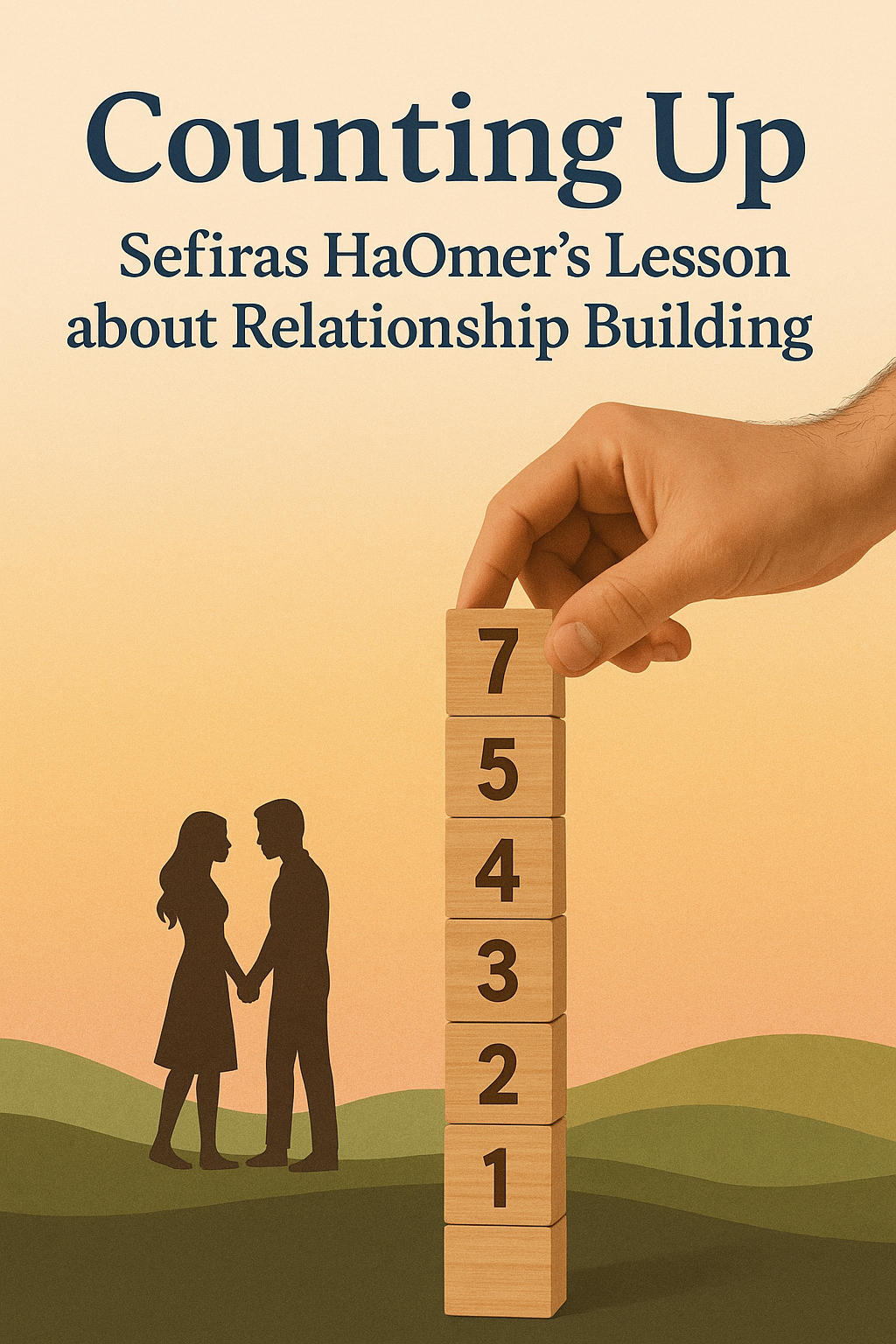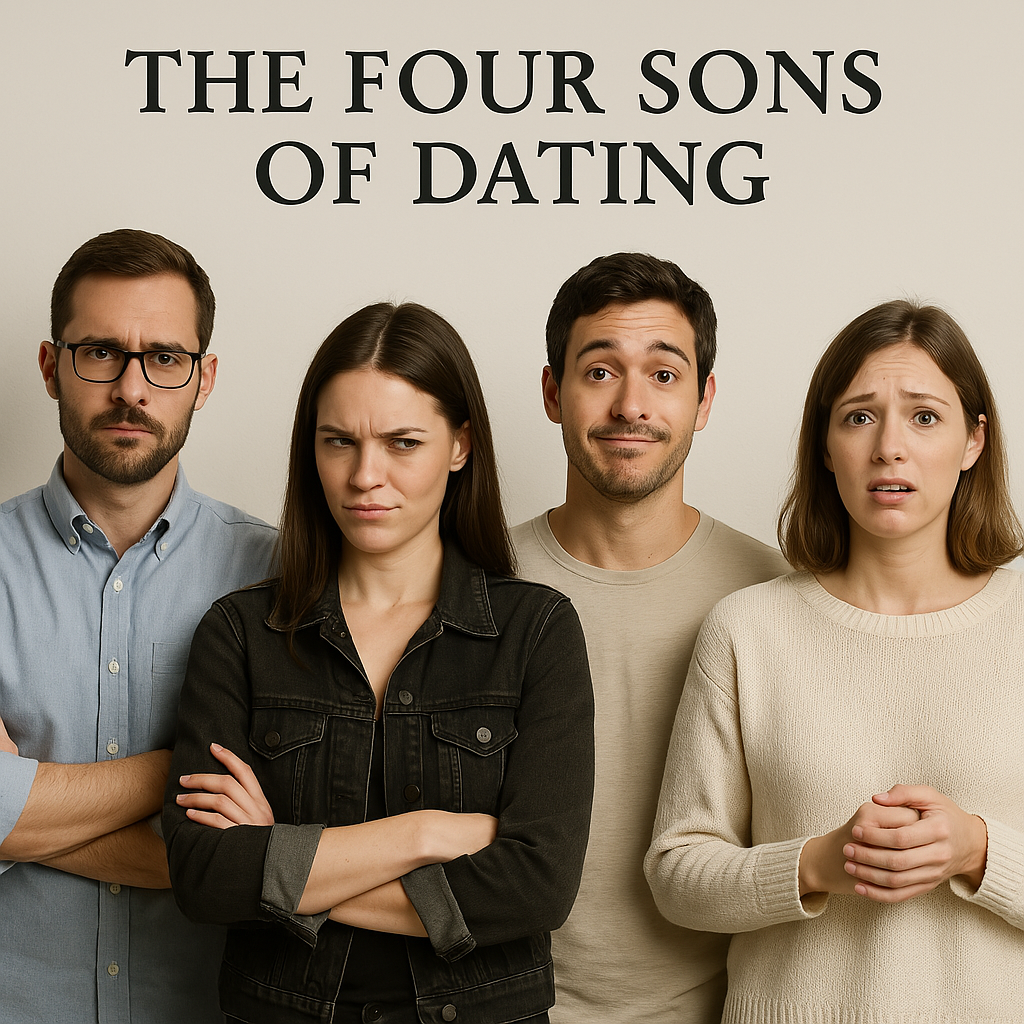In a world where vulnerability now comes with a blue tick or a “seen” receipt, it’s no wonder we’ve begun outsourcing our inner lives. Confused by a text? Anxious about a first date? Reeling after a breakup? Type it into a box. Press send. A perfectly coherent answer appears, faster than your best friend can voice note back, faster than your therapist can say “how does that make you feel?”
ChatGPT—wise, efficient, and always available—is becoming a new kind of confidante. For many, it’s the first stop for relationship advice. But is it a good one?
Let’s start with the obvious perks. ChatGPT is available 24/7. It doesn’t judge. You can pour out your insecurities at 2 a.m. in sweatpants, and no one will raise an eyebrow. It will help you name attachment styles, identify red flags, decode mixed signals. It remembers patterns. It’s read thousands of therapy manuals, self-help books, and Reddit confessionals. If you want your feelings translated into a clear, evidence-based narrative, it’s got you.
There’s also a freedom in being able to articulate things without fear of being seen as needy, dramatic, or unhinged. You can say, “I hate that he didn’t text me back after I told him something vulnerable,” and instead of hearing “you’re too sensitive,” you get back a paragraph validating your need for emotional reciprocity and even a nudge toward secure communication. It’s like therapy with the best parts of the human stripped away—no scheduling, no cost, no risk of disappointing your therapist with your spirals.
But therein lies the paradox. The best parts of humanity—messy empathy, embodied presence, moral complexity—are also what heal us.
Ask ChatGPT, “Should I break up with him?” and it might offer a thoughtful framework. But it can’t sit with you in your indecision. It doesn’t have a stake in your growth. It can’t intuit what you’re not saying. It can simulate listening, but not knowing. And in relationships, knowing—being known—is everything.
Even when ChatGPT gives great advice, the act of asking it can quietly undermine your inner compass. If we always outsource our hard moments to something trained on everyone else’s wisdom, when do we learn to trust our own?
There’s also the risk of confusing clarity with connection. ChatGPT can make your pain legible. It can offer clarity. But it cannot give you what you really need when you’re heartbroken: someone to hold space for your wordless ache. Someone who knows your voice cracking means more than what you’re saying. Someone whose face contorts when you cry. Someone who can point out to you that you’re mouth is saying one thing, but your body language is communicating something else entirely. Someone who doesn’t give you the “right” answer, but who sits beside you as you figure it out.
And then there’s this: relationships aren’t problems to be solved. They are lived, fumbled through, shaped in the friction of two human beings trying—imperfectly—to love. Sometimes, the most “rational” advice can bypass what is emotionally real. A machine might say, “He checks all the boxes,” but your gut knows it’s a no. Or it might say, “You’re incompatible,” when your heart says, “Wait—we haven’t really tried.”
To be clear, ChatGPT can be an incredible tool—especially when used thoughtfully. It can help you put language to the fog. It can synthesize ideas you haven’t fully formed. It can even reflect back your values in a way that strengthens your self-awareness.
But the danger is in mistaking it for the final word. It’s a mirror, not a map. A sounding board, not a soulmate. Therapy is a process of discovery, not just explanation. And real relationships, with friends, mentors, therapists, or partners, teach us how to live inside that discovery. They confront us, not just comfort us.
So if you’re turning to ChatGPT for advice, don’t feel ashamed. It means you’re trying to understand. But maybe ask yourself, too: Who else can I turn to? Who will challenge me, witness me, remind me that I am more than a string of patterns?
Ask ChatGPT. But then ask your friend. Ask your therapist. Ask yourself.
ChatGPT can offer answers—but it can’t offer presence. In the end, it’s not perfect advice that changes us. It’s being seen in our mess. It’s the people who stay, even when it’s hard, who teach us how to connect and be connected with in return.




